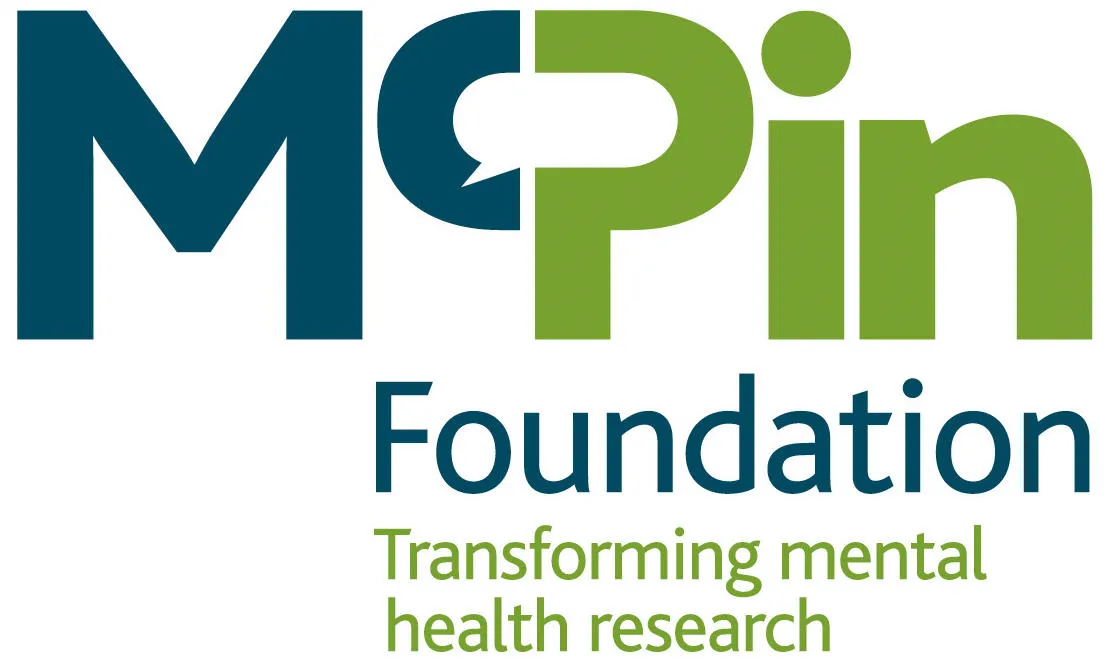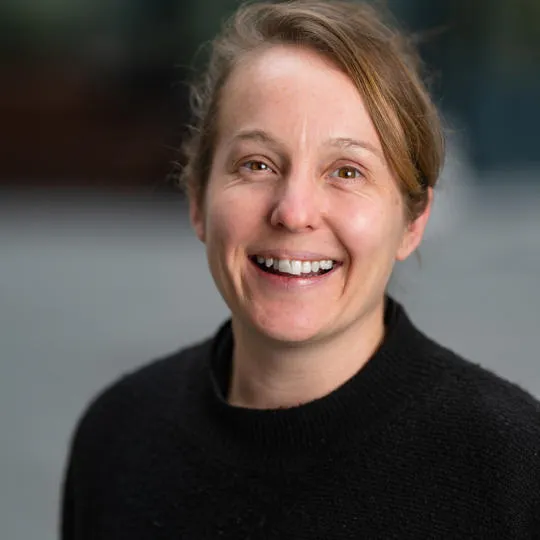Bridging Divides
Girls and women are three times more likely than boys and men to struggle with anxiety and depression. We are trying to understand how and why.
Using an interdisciplinary, international, and intersectional approach, Bridging Divides aims to transform understandings of the causes of the gender mental health gap, including an understanding of the multilevel mechanisms through which sex and sexism can cause anxiety and depression to develop and persist during adolescence.
Funded by the Wellcome Trust, and run in partnership across King's College London, Tokyo Metropolitan Institute of Medical Science, The McPin Foundation, University College London, and the Central Institute of Mental Health, Manheim, our team is made up of social scientists, biologists, and young people from the UK and Japan.
Our project is co-produced with young people each step of the way. Co-production with young people, including young people with lived experience, is morally and ethically imperative, and it makes research better, more relevant, and more impactful.
Working with young people to understand the interplay of the brain, body, and society, three work packages have been devised, covering qualitative and quantitative approaches to data collection as well as secondary data analysis.
- In the first Work Package will interview young people to understand how sexism and body changes (like puberty and periods) are experienced, and how they potentially affect their mental health.
- In the second Work Package, we will build on data from existing large studies of young people’s health and brain development to uncover hidden patterns and causes.
- In the final Work Package, we will design new ways to measure and track young people's experiences, both through questionnaires and through the use cutting-edge technology — wearable devices, hormone tracking, and real-time surveys — to understand how daily stress, body changes and social pressures interact over time to affect mental health.
Young people's experiences with sexism and mental health can vary in different parts of the world. This project takes place across two sites, London and Tokyo. Emotional health trajectories are around four times worse amongst teenage girls in London than in Tokyo, and by the age of 16 the gender mental health gap is around twice as large in London.
Different risk factors (e.g., the COVID-19 pandemic, the acceptance or rejection of gender norms) affect boys and girls differently in each country. By carrying out this research in both the UK and Japan, we can gain richer insights that one country alone may not provide.
Funded by the Wellcome Trust, and run in partnership across King's College London, Tokyo Metropolitan Institute of Medical Science, The McPin Foundation, University College London, and , our team is made up of social scientists, biologists, and young people from the UK and Japan.
This current phase of Bridging Divides leads on from Bridging Divides Phase 1, which included workshops in schools, in both London and Tokyo, to gather young people’s thoughts and opinions on the underlying causes of the gender mental health gap, on what sexism means to them and the different ways in which they experience it.
Investigators
- Dario Moreno-Agostino (University College London)
- Vanessa Pinfold (McPin Foundation)
- Paola Dazzan (King's College London)
- Syudo Yamasaki (TMIMS)
- Mitsuhiro Miyashita (TMIMS)
- Kiyoto Kasai (TMIMS)
Aims
To work with young people to transform understandings of the causes of the gender mental health gap, including an understanding of the multilevel mechanisms through which sex and sexism can cause anxiety and depression to develop and persist during adolescence.
Methods
- Work Package 1: Qualitative Methods (Interviews; Focus Groups)
- Work Package 2: Secondary Data Analysis
- Work Package 3: Quantitative Methods (Questionnaire Design; Experience Sampling Methods; Biological Sampling)
Our Partners

Central Institute of Mental Health Mannheim




